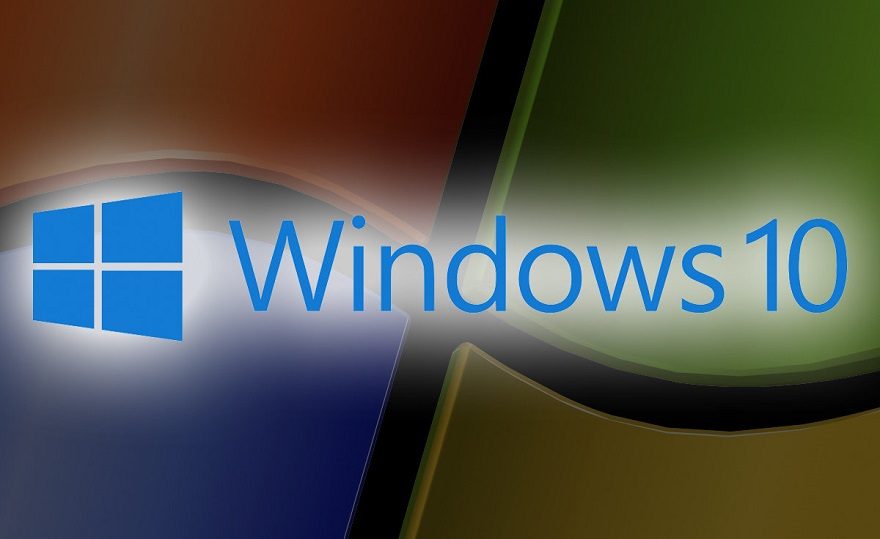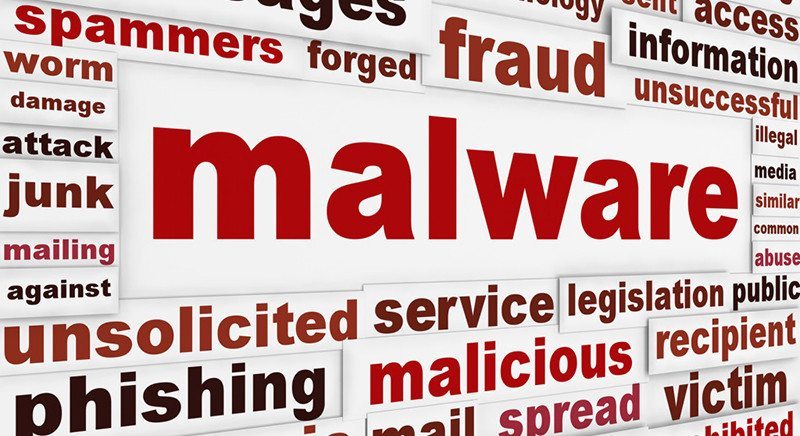Windows 10 Users – Watch Out for the Latest Scam Email Attack!
Mike Sanders / 5 years ago

I daresay (or at least hope) that most of you are familiar with the general premise of what ransomware is. For those of you who are still blissfully ignorant of it, let me give you a quick education.
Ransomware is usually delivered onto systems via e-mail. The e-mail will (generally) contain a file attachment with a seemingly benign name. ‘Accounts’ for example, is a good example of a filename that may be used to specifically target businesses. Once on your system though, it will then attempt to encrypt all of your files and will not allow you access to them unless you pay a fee. Hence the term, ransomware (as your data is literally held hostage).
Why am I telling you this? Well, in a report via CNET, Windows 10 users need to be vigilant and spread the word as the latest ransomware attack is looking to specifically target users via e-mail under the guise of an ‘important/critical Windows update’.

Windows 10 Users Being Targeted with Fake Update E-mails
The e-mail reportedly contains a single line title that will look something like ‘Urgent/Critical Update Required For Windows 10’. It will ask the user to install the attached file with the e-mail. The file is, of course, not an actual update but the ransomware file.
Once you’re at this point, your only hope is that your anti-virus detects it which isn’t always the case. If it doesn’t, you’ve got a major problem on your hands!
Put simply, Microsoft will NEVER ask you to download an update via e-mail. They will (nearly) always notify you directly on your system and get you to download it via the integrated ‘Windows Update’ application.

Spread The Word
Fortunately, I like to think that our community is pretty savvy. As such, this isn’t necessarily a warning to you. Albeit, they do occasionally like to mix things up to keep us on our toes and I’ll admit, this is the first time I’ve seen them take this approach.
In this regard, and based on how it works, there is clearly a legitimate concern for people who are not so familiar with technology or how online scams work.
As such, we implore you to spread the word to your friends, family and particularly those who are of the older generation. It might sound cynical, but the simple rule of thumb is to NEVER download a file attached to an e-mail unless you are 100% certain as to where it originated. Remember folks, it’s a weird, wonderful, and dangerous internet out there!
What do you think? Have you ever been ransomware attacked? – Let us know in the comments!



















